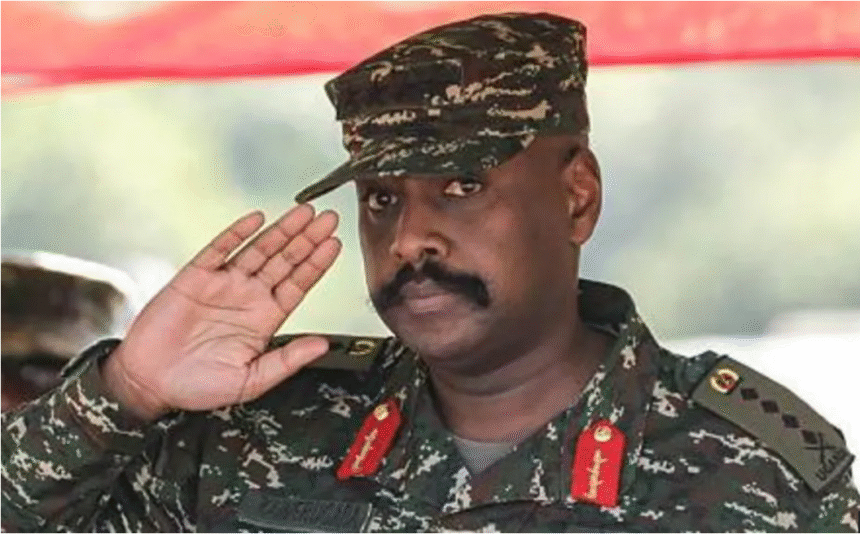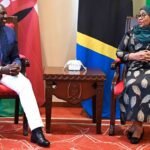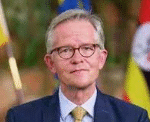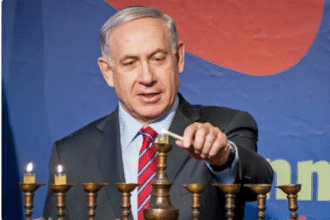By Samuel Njoroge
Kampala, Uganda – In a dramatic escalation of tensions, the Ugandan army has announced the immediate suspension of all military cooperation with Germany, alleging that the German ambassador, Matthias Schauer, is involved in “subversive activities.” The accusations, which lack concrete evidence, have been vehemently denied by Germany, raising serious questions about the true motivations behind Uganda’s actions.
Army spokesman Col Chris Magezi issued a statement citing “credible intelligence reports” as the basis for the suspension, claiming Schauer is involved with “pseudo political-military forces operating in the country against the Ugandan government.” However, the army has provided no further details to substantiate these claims.
The German foreign ministry responded swiftly, dismissing the accusations as “absurd and without any merit,” according to Reuters. The sudden deterioration in relations has shocked many, particularly given the previously strong ties between the two nations. In 2024, bilateral trade between Uganda and Germany reached approximately $335 million, and the German embassy in Uganda describes the relationship as being based on “stability and trust.”
The unprecedented attack on Ambassador Schauer appears to stem from concerns he reportedly raised about the conduct of Gen Muhoozi Kainerugaba, the son of President Yoweri Museveni and the current army chief. At a recent private meeting with European Union (EU) diplomats, hosted by Gen Salim Saleh, President Museveni’s brother and chief coordinator of the government’s “Operation Wealth Creation” program, Schauer reportedly questioned Gen Kainerugaba’s controversial posts on X (formerly Twitter). These posts included threats to behead opposition leader Robert Kyagulanyi, known popularly as Bobi Wine, and boasts about torturing Wine’s bodyguard.
Gen Kainerugaba responded to these concerns with a post on Sunday, stating he was “having issues” with the German ambassador “that has to do with him as a person.” He further claimed Schauer was “wholly unqualified to be in Uganda,” though he emphasized it had “nothing to do with the great German people.”
The incident highlights growing concerns about the political climate in Uganda as the country approaches its 2026 elections. Bobi Wine, a popular figure, is expected to challenge President Museveni, who has been in power for nearly four decades. Critics accuse Museveni of running a family dynasty, pointing to the prominent positions held by his wife, Janet Museveni (Minister of Education), and his brother, Gen Salim Saleh.
Rights groups have long accused the Ugandan government of targeting the opposition, particularly in the lead-up to elections. Gen Kainerugaba’s recent pronouncements, combined with the sudden accusations against the German ambassador, fuel concerns about the government’s commitment to a fair and open democratic process.
While the full extent of military cooperation between Uganda and Germany remains unclear, Uganda’s involvement in peacekeeping operations, particularly in Somalia where it is fighting against armed Islamist groups, suggests the partnership likely included training and equipment assistance. The suspension of this cooperation could have significant implications for Uganda’s military operations and its relationship with other international partners.
The situation remains fluid, and the lack of concrete evidence supporting Uganda’s accusations leaves many questioning whether they are a genuine security concern or a politically motivated attempt to silence criticism and consolidate power. The international community is closely watching the developments, as this diplomatic rift could have far-reaching consequences for Uganda’s relations with Germany and the broader European Union.









